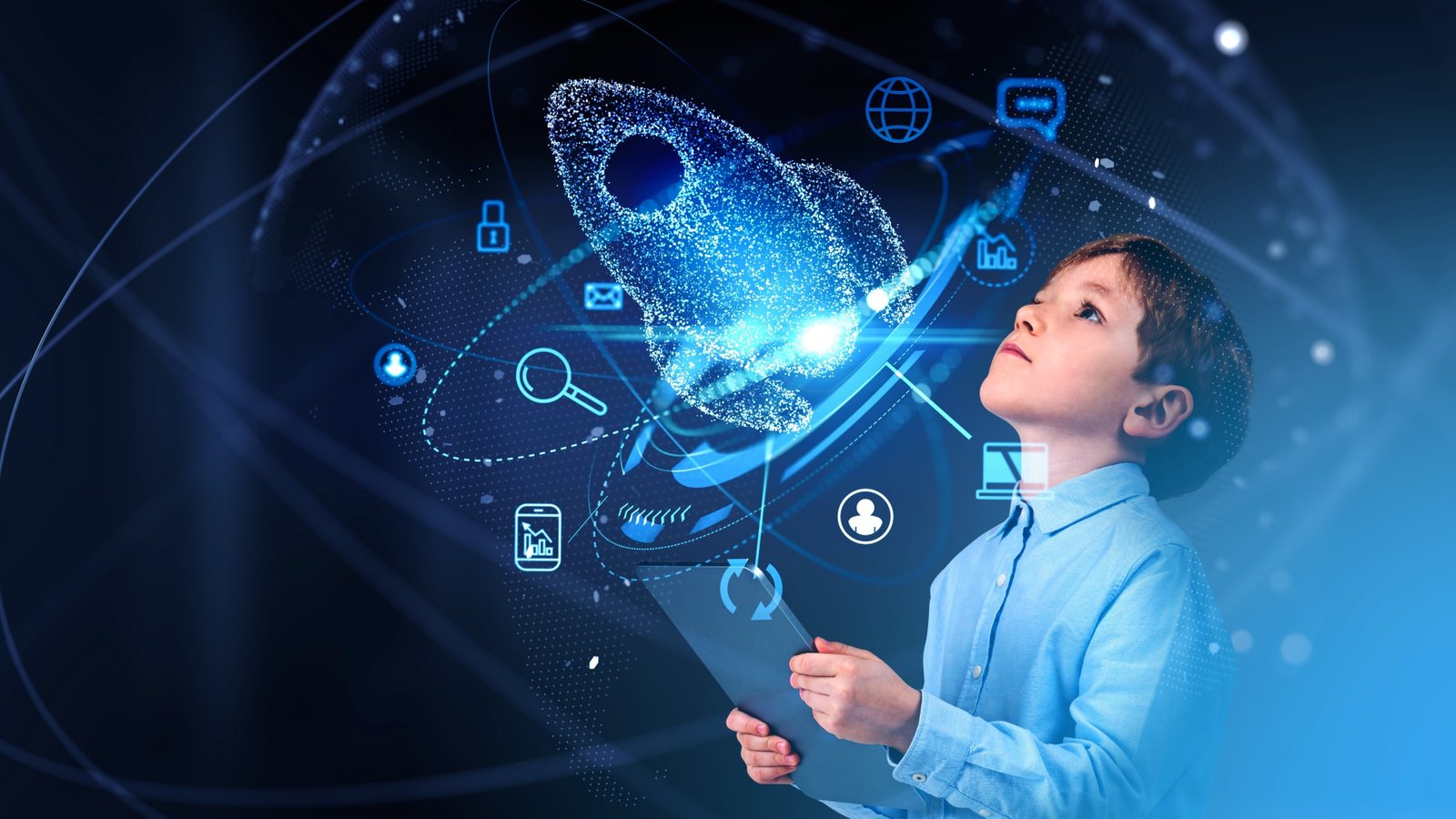Introduction to the future of technology
As we step into a new era, the future of technology holds immense promise and potential. The rapid advancements in various fields have transformed the way we live, work, and interact with one another. From communication to transportation, healthcare to entertainment, technology has become an integral part of our daily lives. In this article, we will delve into the latest innovations and trends that are shaping the future of technology.
The impact of technology on various industries
Technology has revolutionized every industry, paving the way for unprecedented growth and development. In the healthcare sector, for instance, the advent of telemedicine has made healthcare accessible to remote areas, enabling patients to receive quality care without the need for physical visits. Similarly, the manufacturing industry has seen a paradigm shift with the implementation of automation and robotics, leading to increased efficiency and productivity. The education sector has embraced online learning platforms, providing students with flexible and personalized learning experiences. The impact of technology is not limited to these sectors alone; it permeates every aspect of our lives.
Emerging technologies that will shape the future
The future of technology is being shaped by a myriad of emerging technologies that are poised to disrupt traditional systems and processes. One such technology is artificial intelligence (AI) and machine learning (ML). AI has the potential to transform industries by automating tasks, analyzing vast amounts of data, and making informed decisions. ML algorithms, on the other hand, can learn from data and improve their performance over time. Together, AI and ML hold the key to unlocking new possibilities and driving innovation across multiple sectors.

Artificial intelligence and machine learning advancements
The advancements in artificial intelligence and machine learning have opened up a world of possibilities. AI-powered chatbots are now being used in customer service, providing instant support and resolving queries. In the healthcare sector, AI algorithms are being developed to detect diseases and provide accurate diagnoses. Machine learning algorithms are being used in the financial sector to detect fraudulent activities and make predictive analytics. The applications of AI and ML are vast and will continue to evolve as technology progresses.
Internet of Things (IoT) and its applications
The Internet of Things (IoT) has brought about a new era of connectivity, where everyday objects are interconnected and can communicate with one another. From smart homes to smart cities, the IoT is transforming the way we live and interact with our surroundings. IoT devices can collect and analyze data, enabling us to make more informed decisions. For example, in agriculture, IoT sensors can monitor soil moisture levels and automatically water crops when needed. In transportation, IoT devices can track vehicles and optimize routes, reducing fuel consumption and emissions. The possibilities of IoT are endless, and its applications are only limited by our imagination.
Virtual reality and augmented reality experiences
Virtual reality (VR) and augmented reality (AR) are revolutionizing the way we experience the world around us. VR immerses us in a virtual environment, while AR overlays digital information onto the real world. These technologies have found applications in various industries, including gaming, entertainment, education, and healthcare. In gaming, VR provides a truly immersive experience, transporting players to virtual worlds. In healthcare, AR is being used to assist surgeons during complex procedures, providing real-time information and guidance. The future of VR and AR is bright, and we can expect to see more innovative applications in the coming years.

Blockchain technology and its potential
Blockchain technology has gained significant attention in recent years, primarily due to its association with cryptocurrencies such as Bitcoin. However, its potential goes beyond digital currencies. Blockchain is a decentralized ledger that allows for secure and transparent transactions. It has the potential to revolutionize industries such as finance, supply chain management, and healthcare. For example, in finance, blockchain can streamline cross-border transactions, reducing costs and eliminating intermediaries. In supply chain management, it can provide an immutable record of every transaction, ensuring transparency and traceability. The possibilities of blockchain are vast, and its impact on various industries cannot be underestimated.
The role of automation in the future
Automation is another key trend that will shape the future of technology. With advancements in robotics and AI, tasks that were once performed by humans can now be automated, leading to increased efficiency and productivity. Automation is already being implemented in industries such as manufacturing, logistics, and customer service. In manufacturing, robots are being used to assemble products, reducing human error and increasing production speed. In logistics, autonomous vehicles are being used for transportation, improving delivery times and reducing costs. Automation has the potential to transform the way we work and create new opportunities, but it also raises questions about the future of jobs and the need for upskilling and reskilling.
Ethical considerations in technological advancements
As technology continues to advance, ethical considerations become increasingly important. The power of technology can be used for both good and harm, and it is crucial to ensure that it is used responsibly. Privacy and data security, for instance, are key concerns in the digital age. As we generate and share more data, it is essential to have robust measures in place to protect personal information. Similarly, AI algorithms can be biased or discriminatory if not developed and trained properly. Ethical considerations should guide the development and implementation of technology to ensure that it benefits society as a whole.



